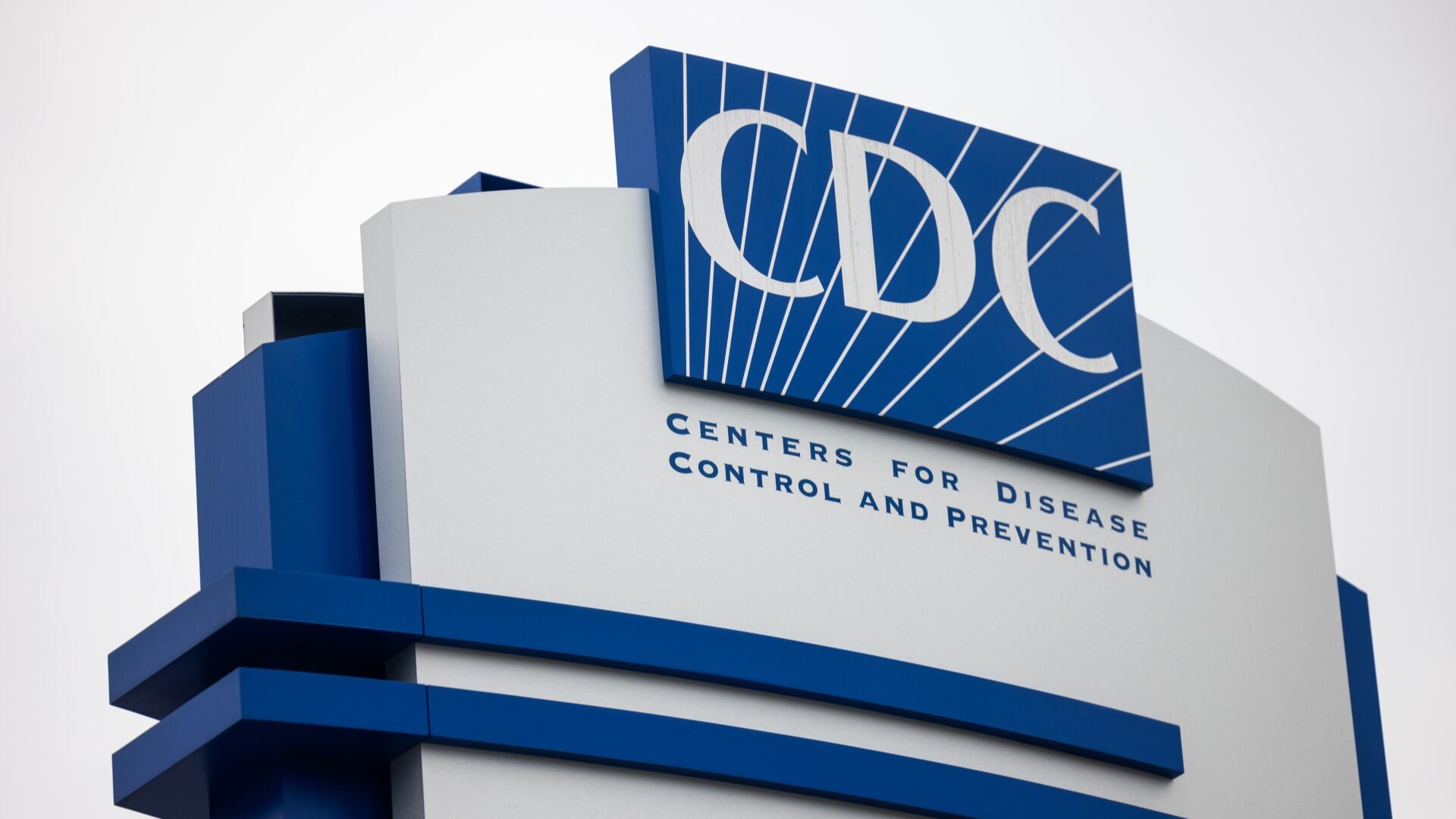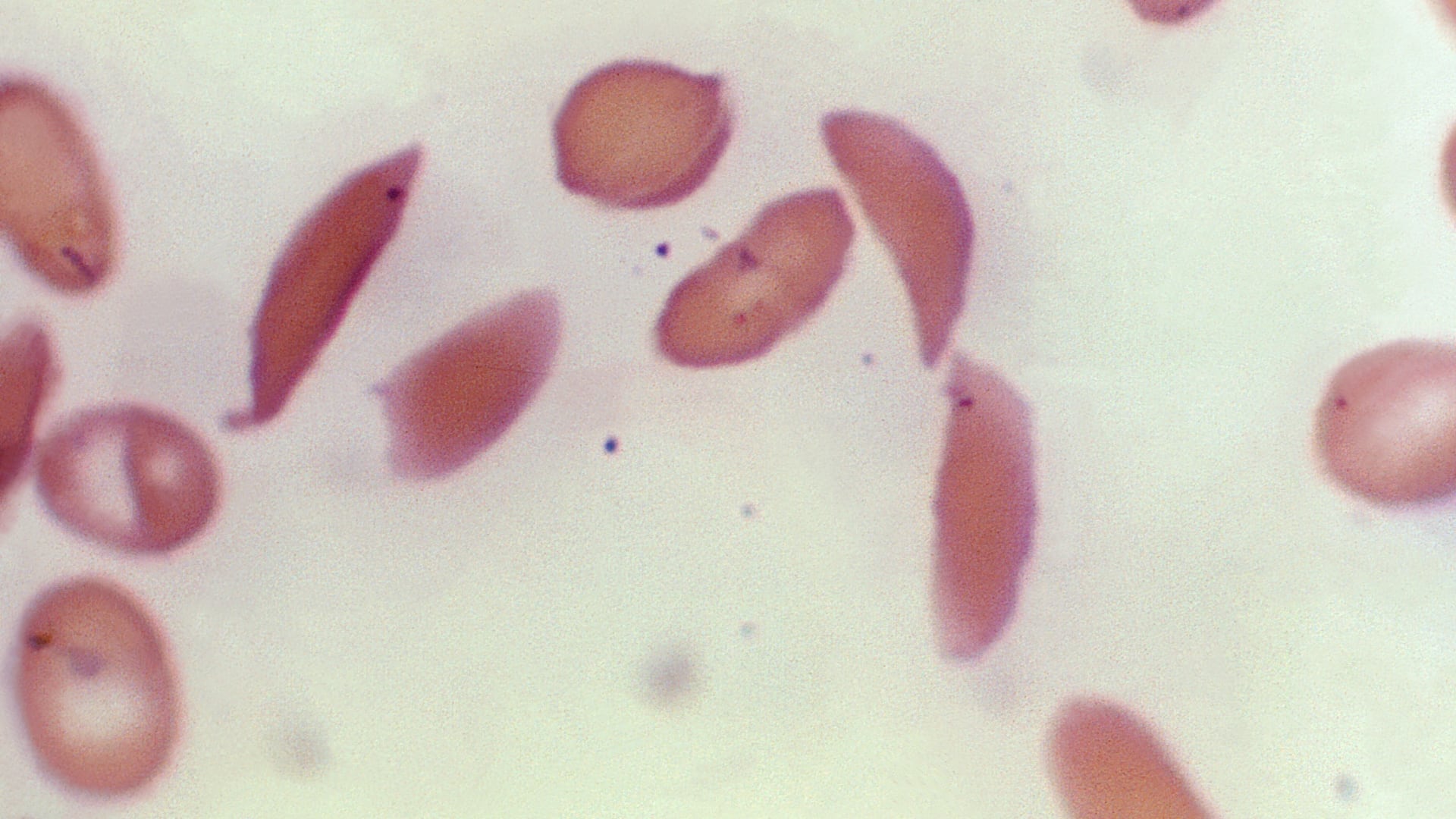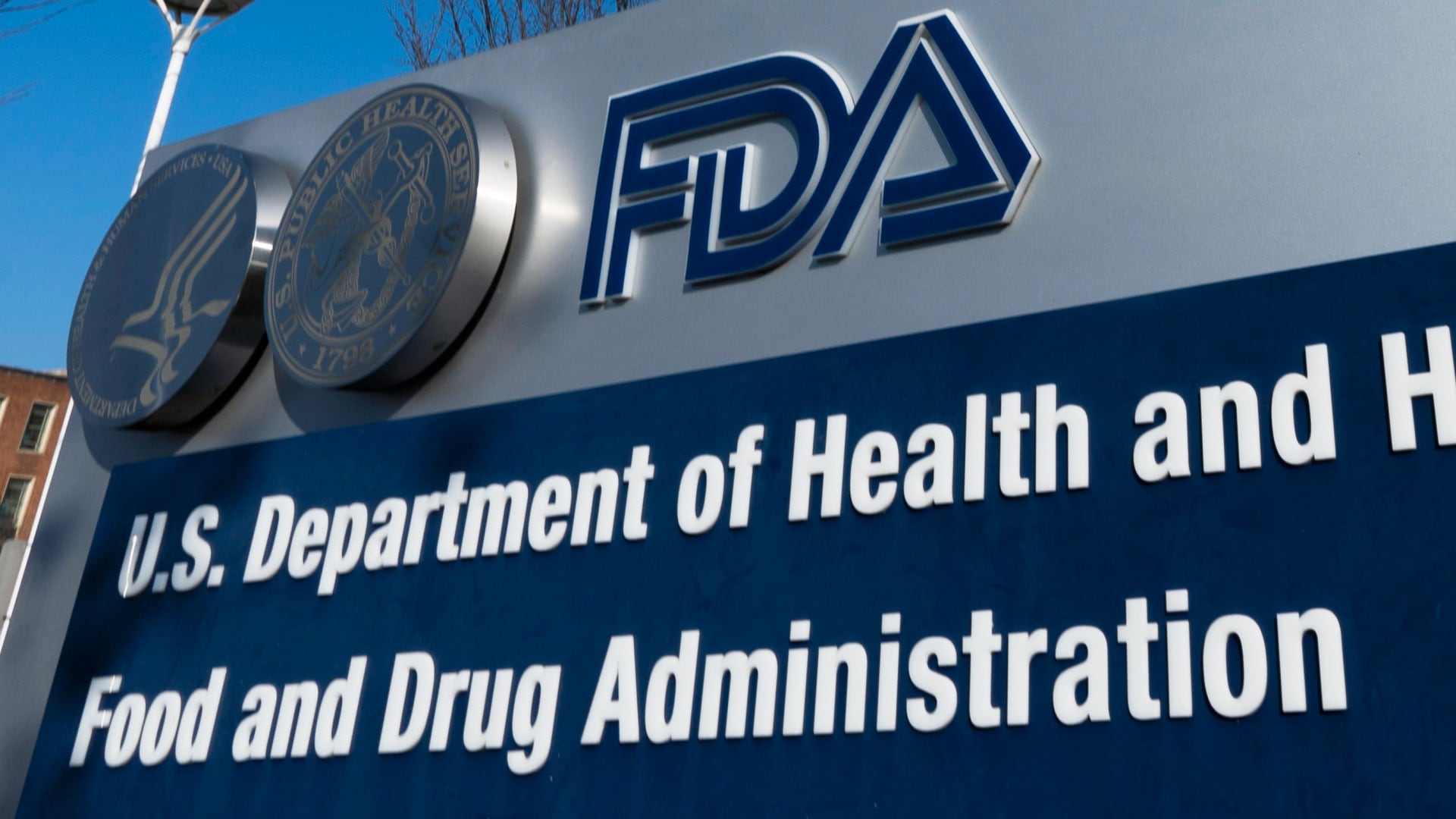One third of Americans don't have access to primary care providers in their communities, according to a study from the National Association of Community Health Centers published last month.
Dr. Ron Yee, NACHC chief medical officer, said this trend is due to increasing specialization among providers and the fact that many concentrate themselves in urban areas, leaving large swaths of the country without care.
One consequence of this situation is that vulnerable populations are not getting adequate medical treatment.
He noted that "children are way behind on their regularly scheduled immunizations, putting them at risk for becoming sick with preventable infectious diseases that could leave long term effects."
Adults with chronic diseases such as diabetes, high blood pressure, asthma and depression, meanwhile, are seeing worse outcomes because they are not checking in with a provider.
Updated March 28, 2023 at 11:47 a.m. ET to correct Dr. Yee's name and affiliation.












